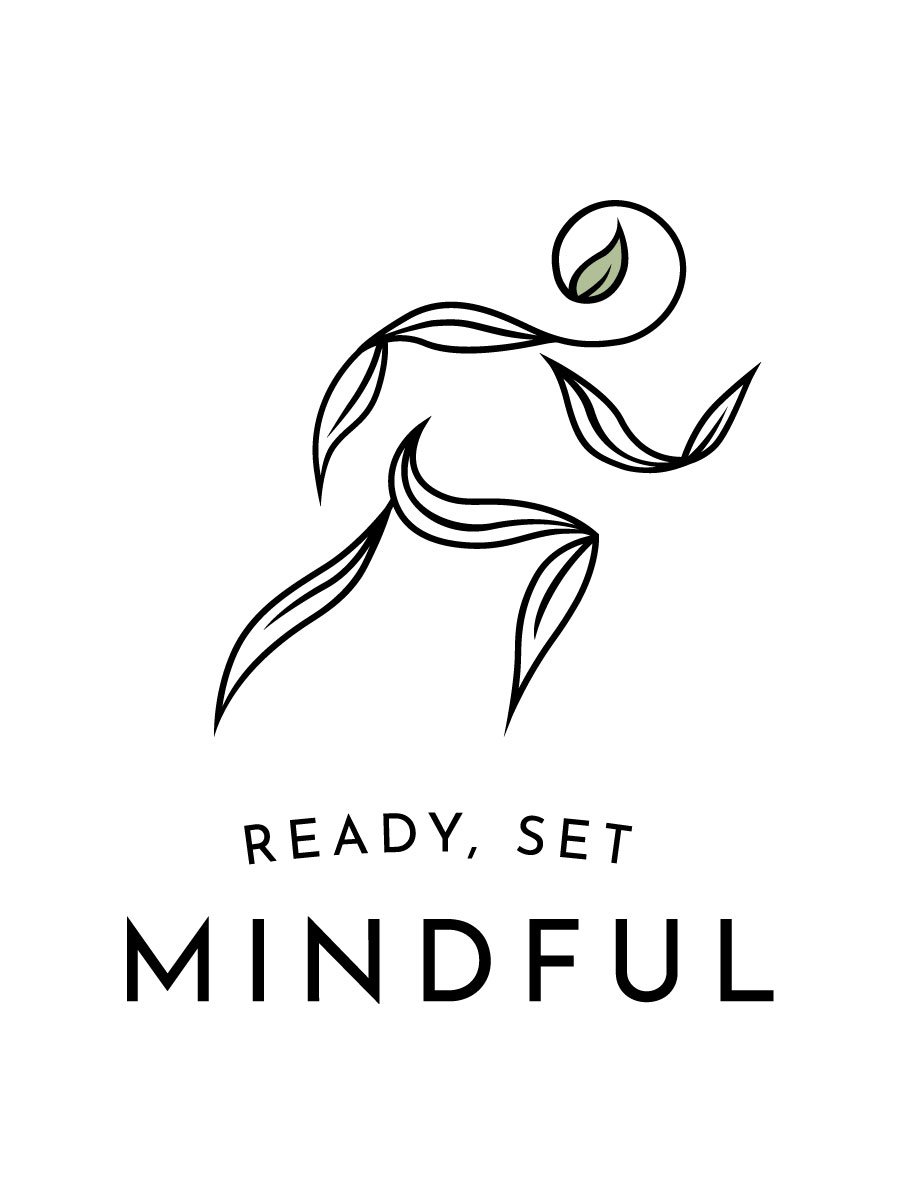Why You Choke Under Pressure- and How to Fix It
Have you ever practiced tirelessly for a big moment, only to stumble when the spotlight was on you? Whether it’s missing a game-winning shot, freezing during a presentation, or blanking out in an interview, choking under pressure is something many of us have faced.
The good news? It’s not a reflection of your skills or talent. Performance anxiety is a natural reaction to stress, and with the right strategies, you can overcome it.
Why Do We Choke Under Pressure?
When the stakes are high, your brain goes into overdrive, interpreting the pressure as a threat. This triggers your body’s “fight-or-flight” response, releasing stress hormones like cortisol. While this response can be helpful in actual danger, it works against you during high-pressure situations.
Here’s why:
Overthinking: In high-pressure moments, you may hyper-focus on every small detail of your performance. This overthinking disrupts natural, automatic processes—like shooting a free throw or delivering a rehearsed line—and makes you hesitate.
Fear of Failure: The higher the stakes, the more you might worry about letting others down- or yourself. This fear creates a spiral of self-doubt that can sabotage your focus.
Stress Hormones: When cortisol levels spike, it can impair memory, focus, and fine motor skills. These are crucial for tasks that require precision and mental clarity.
Perfectionism: If you’re a perfectionist, you may put undue pressure on yourself to perform flawlessly. This makes it harder to embrace mistakes as part of the process.
How to Stop Choking Under Pressure
Practice Mindfulness: Mindfulness is one of the most effective tools for combating performance anxiety. When you feel the pressure rising, try a simple breathing exercise: inhale for four counts, hold for four counts, exhale for four counts, and repeat. This calms your nervous system and helps you stay present.
Reframe the Stress: Did you know that stress and excitement are processed similarly in the brain? By reframing your stress as excitement, you can shift your mindset from “I’m nervous” to “I’m ready.” This trick helps your brain interpret the situation as a challenge rather than a threat.
Focus on the Process: Instead of obsessing over the outcome, focus on what you can control. For athletes, this might mean concentrating on technique or form. For public speakers, it could be connecting with your audience. Focusing on the process keeps you grounded and reduces overthinking.
Visualize Success: Visualization is a powerful tool that many elite performers use. Picture yourself succeeding in vivid detail- what it looks like, sounds like, and feels like. Visualization primes your brain for success and reinforces positive self-belief.
Adopt a Ritual: Having a pre-performance ritual can create a sense of stability and control. Whether it’s listening to a specific playlist, stretching, or repeating a mantra, rituals help calm nerves and build confidence.
Embrace Mistakes: Perfection isn’t realistic, and mistakes are part of the process. Adopting a growth mindset- where you view challenges as opportunities to learn- can help you approach high-pressure situations with less fear and more curiosity.
Final Thoughts
Choking under pressure isn’t about your ability- it’s your brain reacting to stress. By understanding why it happens and applying tools like mindfulness, visualization, and preparation rituals, you can turn performance anxiety into a source of strength.
Remember, pressure is a sign that you’re doing something meaningful. With practice and the right mindset, you can rise to the occasion and perform at your best when it counts.
Until next time, Be Well and Stay Mindful 🌿
Kerri, Athlete+Therapist+Mindset Coach

